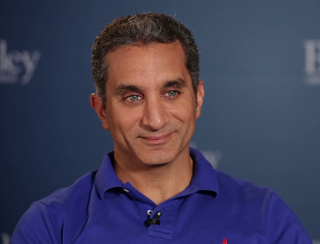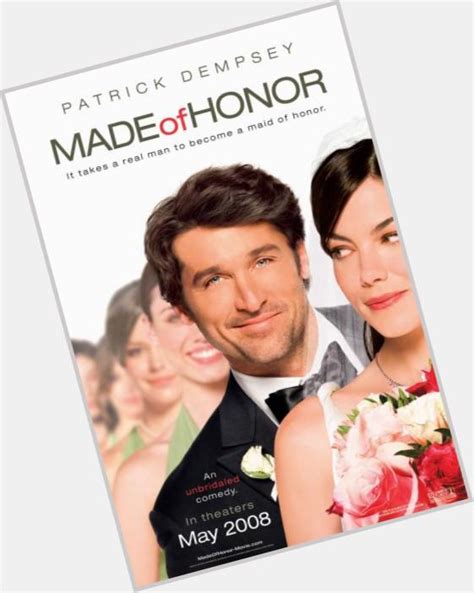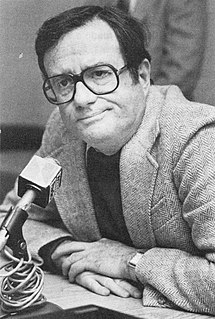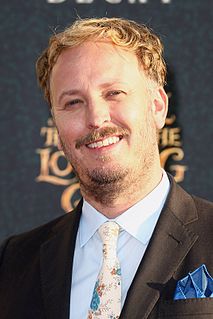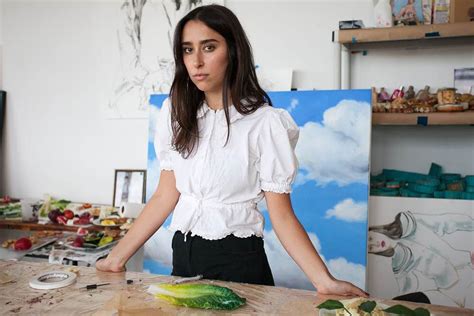A Quote by Jennifer Egan
I think a playful critique is good for all of us, and that's basically how I see satire functioning. But I'm not interested in a kind of contemptuous satirical vision; I try always, even when I'm knowingly being satirical, to also be humane, but I mean, let's face it: there's plenty in American life to make fun of, and we all participate in it.
Related Quotes
Satire is an art best practiced behind the back of the intended target. I think inviting politicians on a satirical show becomes a very big trap. Because one of two things happen: Either you have to kind of unsharpen your fangs because you can't be quite as cruel to people to their face as you are behind their backs... Or you don't defang, and those guests get the word and they stop coming.
The only way to make a criticism of something is to really participate in it. I'm a completely capitalist person. I participate in commodity culture and the fashion world. High art is a money-making vehicle. We're not making art in a vacuum. We're not shopping in the woods. These are all things that we do within the larger system of capitalism. For me to critique it, I'm also participating in it. That's obvious, I feel. In my work, I participate in the things that I critique. I satirize the things that I love and know well and find problematic.
My father was a very fun dad; he was always coaching our soccer sports teams, he made sure that we had activities to do. He was kind of goofy and fun. But at the same time, he had a lot of lessons to teach us so that we didn't grow up and just not be good people. I try and reflect a lot on how I was raised by my father in the character that I'm playing now in being a dad. You've got to be strong for these kids. You also have to be fun and teach them all the lessons, not just one, or two, or three.

